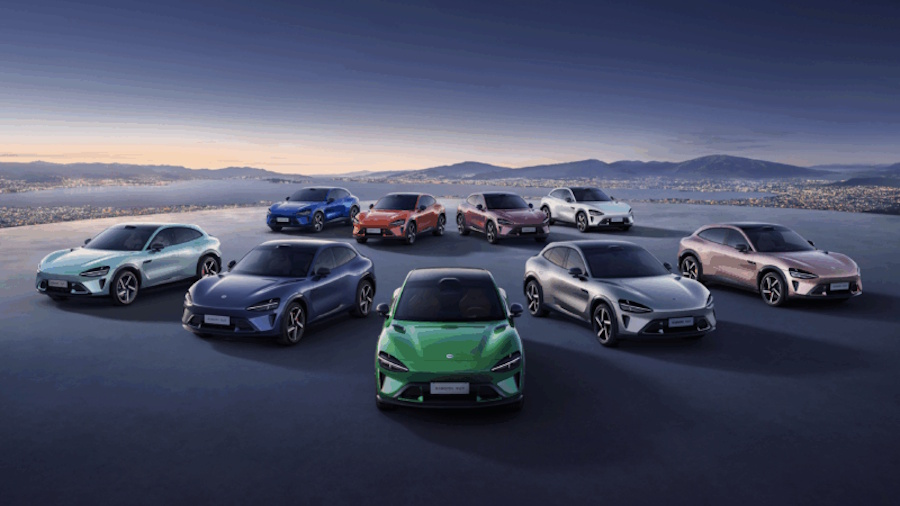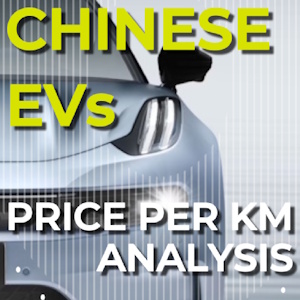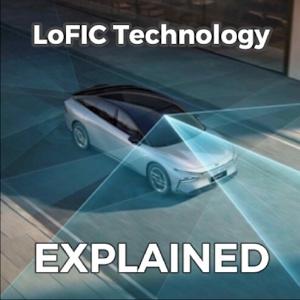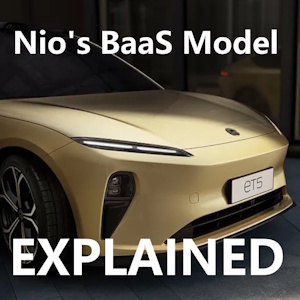Xiaomi Auto, the automotive division of Chinese tech giant Xiaomi, has reached a major milestone: 300,000 electric vehicles delivered in just 15 months since its debut. This achievement highlights the brand’s rapid rise in China’s increasingly competitive EV market and confirms growing consumer confidence in Xiaomi’s automotive ambitions.
Xiaomi Auto Sales: SU7 Continues to Lead Sales
The Xiaomi SU7, the company’s first electric sedan, is the driving force behind this success. Since its launch in March 2024, the SU7 has consistently seen strong demand thanks to its sleek design, cutting-edge technology, and aggressive pricing. The model has become one of the most talked-about EVs in China, attracting not only Xiaomi fans but also tech-savvy drivers looking for performance and smart features.

Sold Out Through Early 2027
According to recent reports, Xiaomi’s production capacity for the Xiaomi YU7 SUV is now sold out through the first quarter of 2027. This means new buyers may have to wait up to two years for delivery, underlining the overwhelming demand for the vehicle. The company had already ramped up production at its Beijing factory, which has a maximum annual capacity of 300,000 units.

Xiaomi is currently operating on a single-shift schedule but is expected to add a second shift later this year to increase output. With rising demand and pre-orders continuing to surge, this move could be crucial to shortening delivery times.
A Promising Start in the EV Space
Xiaomi’s entry into the electric vehicle market may be recent, but it builds on over a decade of success in consumer electronics. As one of the world’s top smartphone manufacturers, Xiaomi has cultivated a massive global user base known for its loyalty and enthusiasm for the brand’s smart ecosystem.
More from ElectricFleet: Four Chinese Rivals to Tesla Model Y
This ecosystem is a key factor behind the rapid adoption of the Xiaomi SU7. Millions of users are already familiar with Xiaomi’s seamless integration across devices—from smartphones and wearables to smart home products. With the SU7, Xiaomi brings that same level of connectivity to the road. Its proprietary operating system, HyperOS, ensures tight integration between the car and other Xiaomi devices, offering features like remote control of smart home appliances, over-the-air updates, and real-time synchronization with smartphones.

For many Xiaomi users, the SU7 doesn’t feel like a new car—it feels like an extension of the ecosystem they already use daily. That familiarity lowers the barrier to entry and strengthens customer trust, especially in a market where digital experience is becoming just as important as performance.
More from Electric Fleet: Chinese EVs In Europe: Charging Ahead Or Stalling out?
By combining its strengths in hardware, software, and user experience, Xiaomi Auto has made a confident and strategic debut in the EV space—one that feels less like a gamble and more like the next logical step in its evolution.
Conclusion
Xiaomi Auto’s rapid rise is nothing short of remarkable. With 300,000 deliveries in just 15 months and production sold out through early 2027, the company has proven it can compete in China’s fierce EV market. Even more promising, the first Xiaomi SU7 Ultra has now been registered on European roads for ongoing validation, signaling that Xiaomi’s global ambitions are already in motion.
If testing and approvals go as planned, Xiaomi could soon introduce its smart EVs to European consumer, potentially as early as 2026. With its strong brand, proven tech expertise, and growing production capacity, Xiaomi Auto is well positioned to become a serious player on the global EV stage.











